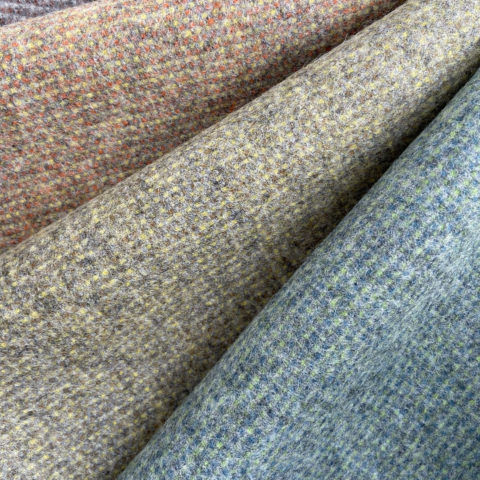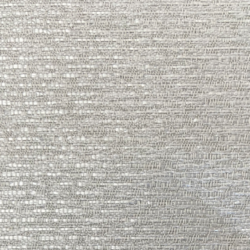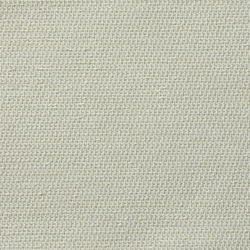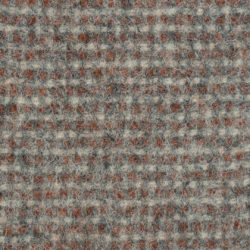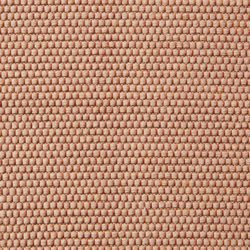Luna’s Spring Collection includes a mix of high performance, sustainability minded, and yet value driven textiles. Our inspiration for this collection comes from the independent, forward-thinking solutions of off-the-grid communities from around the world.
With a commitment to living without a reliance on public utilities, off-the-Grid communities have designed a lifestyle and buildings that represent their commitment to sustainability and value. This style of living allows people to be self-sufficient, environmentally friendly, and cost conscious.
In this spirit, we have designed a collection of grid-inspired textures that pull from the principles of off-the-grid living. Our collection is motivated by sustainability. Recycled and/or bio-based materials are key elements in many of the textiles. As low-cost living is a significant component of being an off-grid resident, we have focused on creating value driven textiles, at reasonable price-points. If you’re interested in learning more about off-the-grid living, listed below are some examples of communities that we have drawn inspiration from:
Earthship Biotecture
Earthship provides a variety of home designs based on your budget and location. Like us, they’re based in the American West, but their work is global. Their design solutions include features such as underground cooling tube and convection skylights, which work together as a natural form of ventilation and air conditioning. As an organization, they provide education and resources to those looking to create an off-the-grid home.
www.earthshipglobal.com
Lammas Ecovillage
Based across the pond from us, Lammas Ecovillage is a collective of off-the-grid dwellings, located in Wales. This group explores the opportunities that living off the land provides. They use the latest technologies in environmental design, green technology, and permaculture. This includes using hydro power, solar power, and wind turbines for energy in their homes. With minimal access to utilities, they support environmental stewardship for future generations rather than exploitation for short term gain.
www.lammas.org.uk
